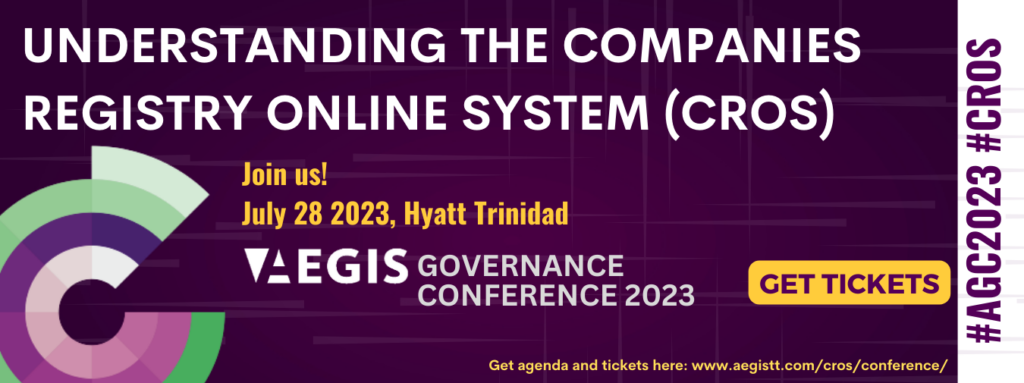Trinidad and Tobago’s Companies Registry Online System (CROS) has revolutionized the way businesses interact with the company registration process. While the transition to digital platforms like CROS offers numerous benefits, it is essential to understand the costs associated with adapting to this new system. In this blog, we will explore the costs in terms of time, money, process flow, and skills retraining that businesses may incur when adjusting to Trinidad and Tobago’s CROS.
Time Investment: Transitioning to a new online system like CROS requires an initial investment of time for businesses. This includes familiarizing themselves with the system, understanding the registration process, and learning how to navigate the online interface. Initially, employees may need to allocate additional time to adapt to the new system and become proficient in using its features. However, as familiarity and experience grow, the time investment is likely to decrease.
Financial Considerations: While the implementation of CROS offers long-term cost savings, businesses may face initial financial considerations when adapting to the new system. This may involve expenses related to employee training on CROS usage and ensuring a smooth transition from manual to digital processes. However, it is important to note that these costs are typically one-time or short-term investments and are outweighed by the long-term benefits of enhanced efficiency and reduced administrative expenses.
Process Flow Adjustment: Shifting from manual processes to an online system like CROS requires businesses to adjust their process flows. This includes reevaluating and redesigning internal procedures to align with the digital platform. Companies need to adapt their workflows to accommodate new requirements, such as online document submission, electronic signatures, and digital file management. While this adjustment may initially cause some disruption, it paves the way for improved efficiency, streamlined operations, and reduced reliance on paper-based documentation.
Skills Retraining and Upskilling: With the adoption of CROS, businesses may need to invest in skills retraining and upskilling their employees. This includes training staff members on the usage of the new system, understanding its features, and effectively navigating the digital interface. Additionally, employees responsible for record-keeping and document management may need to learn new digital processes for maintaining and organizing company information. Upskilling employees in digital literacy and data security measures is also crucial to ensure a smooth transition and maximize the benefits of CROS.
While there are costs associated with adapting to Trinidad and Tobago’s Companies Registry Online System (CROS), the long-term benefits far outweigh the initial investments. The time, money, process flow adjustments, and skills retraining required for businesses to embrace CROS are part of the transition to a more efficient and streamlined registration process.
By leveraging digital platforms like CROS, businesses in Trinidad and Tobago can benefit from reduced administrative burdens, increased transparency, improved accessibility, and enhanced compliance with legal requirements. Ultimately, the costs incurred during the adaptation phase are overshadowed by the long-term gains in operational efficiency, cost savings, and improved business facilitation in the country.
For more detailed information on the Companies Registry Online System (CROS) in Trinidad and Tobago, visit www.rgd.gov.tt/electronicreg.php
Join us on 28th July at our Aegis Governance Conference sharing our insights and knowledge on navigating the CROS system. Book tickets here www.aegistt.com/cros/conference/






